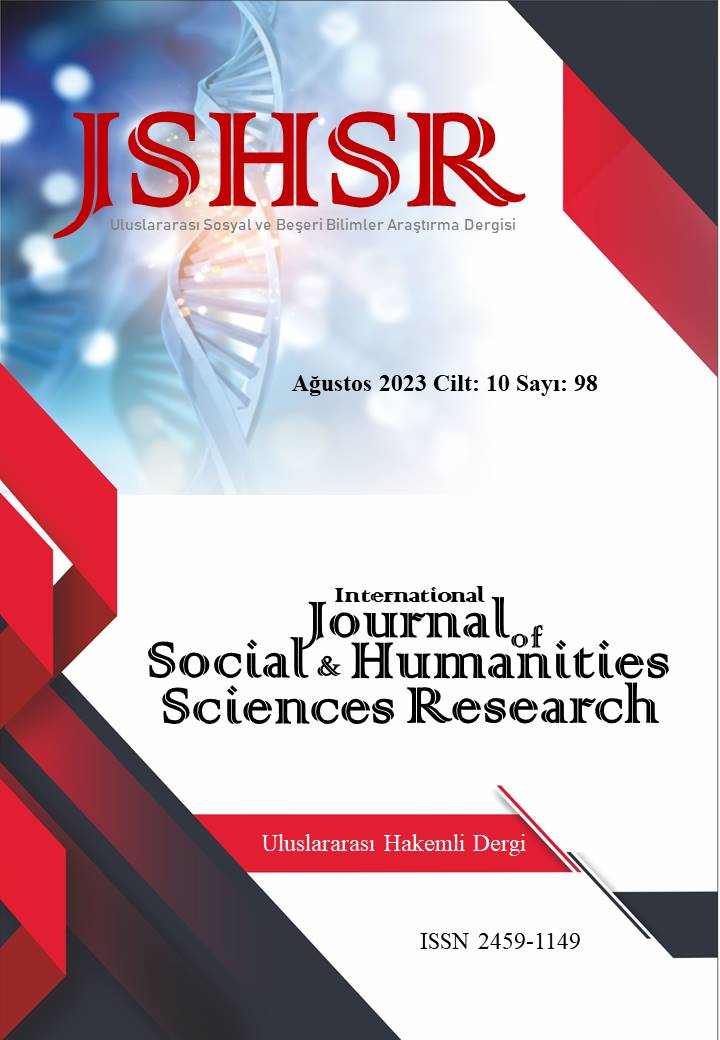Types of Women and Women in Dede Korkut Stories
DOI:
https://doi.org/10.5281/zenodo.8306918Keywords:
Dede Korkut, Kadın, Töre, Selcen Hatun, Burla Hatun, Banu ÇiçekAbstract
The work, whose real name is 'Kitab-ı Dede Korkut ala Lisan-ı Taifei Oğuzan' and today more commonly known as Dede Korkut Stories, is the value of the whole Turkish world. It is important for Turkish literature in terms of both the lives and beliefs of the Oghuzs. Oral narratives in Dede Korkut Stories are also given to us about the oral products before writing. There are four copies of Dede Korkut Stories and it consists of a preface and 13 stories in total, together with the newly found The Story of Salur Kazan Killing the Seven-Headed Dragon. Information about Turkish tradition is also obtained through the heroes in the stories. Many traditions are mentioned, such as that women are brave and heroic, that each woman has 40 young girls in her entourage, that children cannot be named without being heroic. The women in Dede Korkut Stories are an exemplary type. They are a mother, a wife, a lover. These women (Selcen Hatun, Banu Çiçek, Burla Hatun etc.) are important in terms of understanding how important women are among the Oghuzs and how much value is given to women.
References
Batuta, İ. (1971). Seyahatname. Yapıkredi Yayınları.
Binyazar, A. (1996). Dede Korkut Kitabı. Yapıkredi Yayınları.
Velieceoğlu, N. (2019). Dede Korkut Hikayeleri Derleme. Nilüfer Yay.
Ergin, M. (2004). Dede Korkut Kitabı. Boğaziçi.
Ergin, M. (2009). Dede Korkut Kitabı. Türk Dil Kurumu.
Ergin, M. (2021). Dede Korkut Kitabı 1-2. Türk Dil Kurumu.
Kaplan, M. (2002). Dede Korkut Kitabında Kadın. Dergah Yayınları.
Özsoy, B. S. (2008). Dede Korkut Kitabı. Akçağ.
Yakıcı, A. (2007). Dede Korkut Kitabında Görülen Ozan Tiplerinin Türkiye Sahası Aşıklık Geleneğinin Oluşmaına Etkisi. Milli Folklor, (73), 40-47.
Downloads
Published
How to Cite
Issue
Section
License
Copyright (c) 2023 INTERNATIONAL JOURNAL OF SOCIAL HUMANITIES SCIENCES RESEARCH

This work is licensed under a Creative Commons Attribution 4.0 International License.


